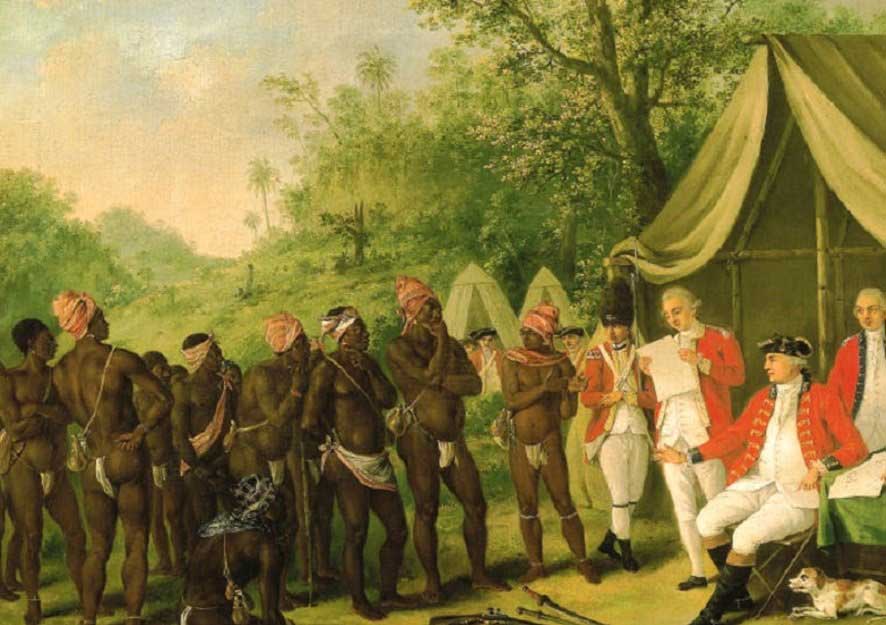seaflog.com – Before the arrival of Europeans, Jamaica was inhabited by the Arawak and Taino people, who had migrated from South America. These indigenous peoples lived in harmony with the island’s natural resources, cultivating crops and fishing. However, their way of life was disrupted in 1494 when Christopher Columbus claimed the island for Spain during his second voyage to the Americas.
Spanish Colonial Rule
The Spanish established control over Jamaica, using it as a base for further exploration and exploitation of the New World. They introduced African slaves to work on plantations, which became the backbone of the island’s economy. The Spanish period was marked by harsh treatment of both the indigenous population and the enslaved Africans, leading to significant demographic changes.
British Takeover and the Plantation Economy
In 1655, the British captured Jamaica from the Spanish during the Anglo-Spanish War. The British expanded the plantation system, growing sugar cane as the primary export. This period saw the island’s economy flourish, but at a great cost to the African slaves, who were brought in large numbers to work under brutal conditions.
The Struggle for Emancipation
The 18th and 19th centuries were marked by increasing resistance to slavery. Notable uprisings, such as Tacky’s Rebellion in 1760 and the Baptist War in 1831, demonstrated the slaves’ desire for freedom. The British government eventually abolished slavery in Jamaica in 1834, although a period of “apprenticeship” followed, which was not fully abolished until 1838.
The Road to Independence
The late 19th and early 20th centuries saw the rise of nationalist movements in Jamaica. The island was granted a degree of self-governance in the early 20th century, but the push for full independence continued. After World War II, the movement gained momentum, leading to Jamaica’s independence from Britain on August 6, 1962.
Modern Jamaica
Since gaining independence, Jamaica has worked to establish itself as a modern nation. It has faced challenges such as economic instability, political unrest, and social issues, but has also made significant strides in areas such as culture, sports, and tourism. The country is known globally for its music, particularly reggae, and its athletes have excelled on the international stage.
Conclusion
The history of Jamaica is a testament to the resilience and spirit of its people. From the indigenous inhabitants to the African slaves, and from colonial rule to modern independence, Jamaica’s journey is one of struggle, resilience, and ultimately, triumph. Today, Jamaica stands proudly as a sovereign nation, with a rich cultural heritage and a bright future ahead.
